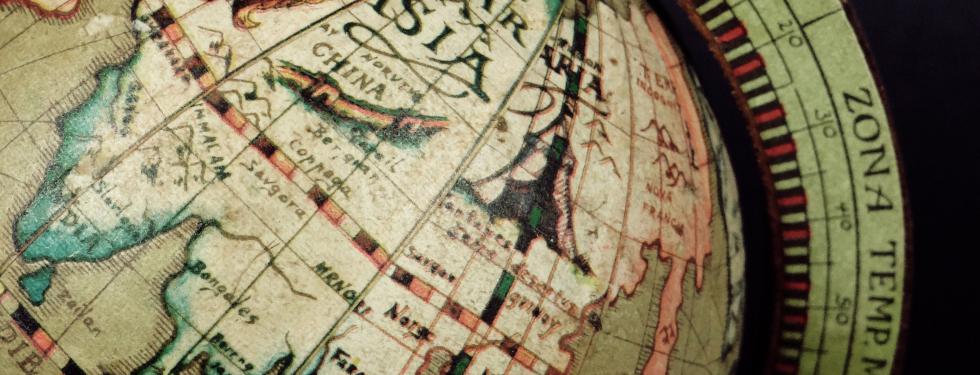Sustainable Development Models in Globalised Economies: Local Economy, Sustainable Economy, Blue Economy

The Summer School in Sustainable Development Models in Globalised Economies: Local Economy, Sustainable Economy, Blue Economy is hold in Padova, Italy, with the aim to create a stimulating learning environment, and enable effective transfer of knowledge, and skills. Participants will have the opportunity to attend seminars and workshops, being actively involved in collaborative learning under the supervision of renowned academics and experts working on the field.
The Summer Course will give insights on production, finance and governance as key factors for explaining and planning long term sustenible development aspects of development, considering it as one of the key challenges of our lifetime. In the last 30 years the world’s economy has experienced tremendous changes that created new opportunities, but at the same time exacerbated structural problems of market economies. The information and transport revolution opened the way to globalization, and bought to the market an ever-wider range of products and services. Financial deregulation has opened the way to new investment possibilities, creating opportunities both for emerging and mature economies. Meanwhile the world has seen a sharp rise of inequalities, more than a billion people living in poverty. Extreme environmental transformation put into question existing development paths, and protracted mass-migration challenges the stability of our societies. Yet in recent years new models have shown that economic development, poverty reduction, environment and social preservation are actually possible, and can effectively been brought together.
The purpose of the Summer School is to examine the process and mechanism that led those transformations, and to propose to discussion possible alternative models to manage future challenges. Within this framework the Summer School will have a focus on the following topics:
1. Development Processes: Global Divergences and Convergences
2. International Finance and Banking
3. International Finantial Cooperation for Development
4. Production Models and Global Value Chains
5. Local Development, Sustainable Development and New Development Practices
Participants will be introduced to the most recent scientific studies on those topics, and will be given instrument to analyse current trend of economic development at regional and national level, and to compare critically diverse development models.
The School’s organization consists of a 10 days course (60 hours) in English starting on July 9th and ending on July 20th. Each module will be developed into a framework that will be at once theoretical, methodological, and practical, with a selection of case studies mainly drawn from the Italian national and regional experience.
Referente
David Celetti
Sede di svolgimento
Padova (Italy)
Periodo di svolgimento
9 - 20 Luglio 2018
Università partner
National Kazakh University KazNU of Almaty (KZ)
Lingua veicolare
Inglese
Destinatari del corso
Dottorandi e Studenti di laurea magistrale
School's teaching staff
MARCO BERTI-LORENZI (UNIVERSITY OF PADUA, PADOVA)
GIULIO BUCIUNI (TRINITY COLLEGE, UNIVERSITY OF DUBLIN, DUBLIN)
DAVID CELETTI (UNIVERSITY OF PADUA, PADOVA)
GIOVANNI LUIGI FONTANA (UNIVERSITY OF PADUA, PADOVA)
GIANCARLO CORO' (UNIVERSITY CA FOSCARI, VENEZIA)
SALTANAT KANDYBAEVA (KAZAKH NATIONAL UNIVERSITY, ALMATY)
GUIDO MANTOVANI (UNIVERSITY CA FOSCARI, VENEZIA)
AIDA MYRZAKHMETOVA (KAZAKH NATIONAL UNIVERSITY, ALMATY)
ELENA PISANI (UNIVERSITY OF PADUA, PADOVA)
VLADIMIR POPOV (RUSSIAN ACADEMY OF SCIENCES - NEW ECONOMIC SCHOOL, MOSCOW – CARLTON UNIVERSITY, OTTAWA)
MARIO VOLPE (UNIVERSITA' CA' FOSCARI – VENEZIA)





